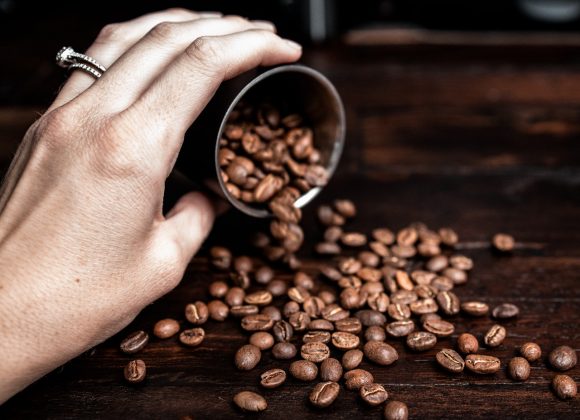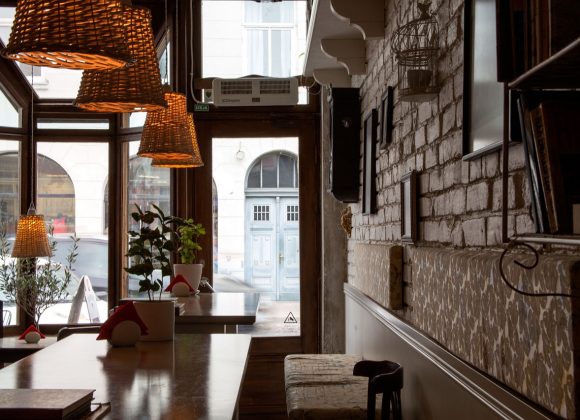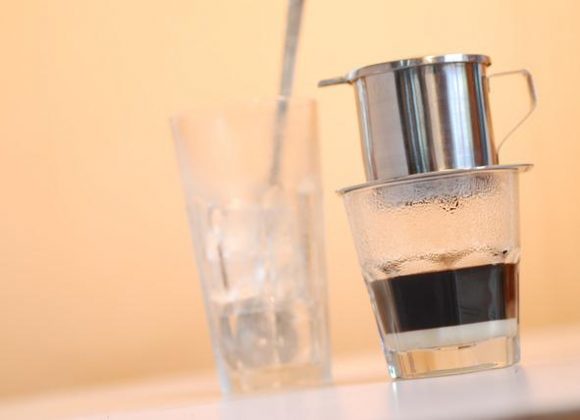Coffee seems to have become a staple in today’s society. Whether it’s to provide a quick energy boost during a long workday or just to enjoy its refreshing taste and aroma, drinking coffee is now a lifestyle habit for most Singaporeans.
Even though there are dozens and dozens of coffee bean varieties, two of the most commonly used are Arabica and Robusta beans. Sure, they both look similar once roasted. But don’t let looks fool you! These two are as different as night and day.
It’s a great idea to learn their differences before drinking your next cup of joe. So let’s start at the beginning, shall we?
Arabica vs Robusta Coffee: Growing the Plants

Both Robusta and Arabica coffee plants hail from the Rubiaceae family. However, they each have different cultivation requirements.
The Robusta plant is usually grown at around 400 – 800 meters above sea level, ideally somewhere with a humid climate and average temperatures of about 24 – 30 ℃.
They are very tough with strong defense mechanisms that can protect them from fungi, diseases, and other pests. This means that Robusta coffee farmers have a relatively easier time ensuring their plants’ health.
Arabica plants, on the other hand, are much more fragile. They don’t have the defense mechanisms required to ward off pests and diseases which are abundant at lower altitudes. This is why you typically see Arabica plants being grown at altitudes of around 1000 – 2000 meters above sea level where average temperatures are much lower at 15 – 24 ℃.
Trees also take much longer to mature compared to Robusta trees, with lower coffee beans produced per tree. This brings us to our next difference.
A Massive Gap In Price

On average, Arabica coffee beans are more expensive than Robusta beans due to how difficult they are to grow. This is why most instant coffee brands in supermarkets use Robusta beans while specialty coffee bars use Arabica.
Difference in Quality

Another big reason coffee shops prefer Arabica beans is that it is considered to be of higher quality than Robusta beans. Arabica coffee tends to taste sweeter, softer, and smoother with higher acidity which creates a distinct fruity/floral undertone taste.
In contrast, Robusta coffee is more bitter (due to its higher caffeine composition) and has a grainy aftertaste. This does not mean that they are used less as quality Robusta beans are often roasted for espressos due to their deep flavor and quality crema.




